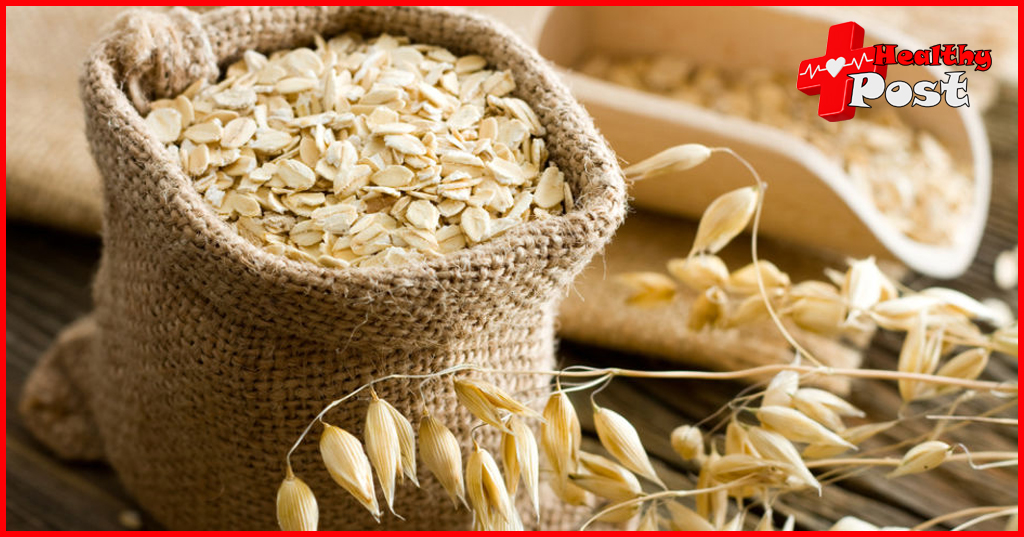
A professional guide to oats benefits and risks,
Many people choose oats in their daily diet, from working people to students, from girls who love beauty to boys who lift weights.But many people do not know oats benefits. Oats are not only easy to cook, but also nutritious and reasonably priced, making them very cost-effective.
As a great source of whole grains, oats contain a heart-protective starch called beta-glucan, which can help lower high cholesterol and contribute to a reduced risk of certain cancers. Oats are high in fiber, making them a great breakfast option to help you avoid snacking before lunch. Plus, they’re GI-friendly, as their fiber content also helps improve digestion and promote regularity.
As one of the most popular foods, what is the nutritional value of oats? This article will give you some basic information.

History of Oats
Although oats are a staple on our breakfast tables today, they were primarily used as livestock feed in ancient times. Grown in temperate regions like the United States and Canada, oats are able to withstand poor soils, making them a particularly hardy crop.
They’re much older than expected. A study published in the Proceedings of the National Academy of Sciences found tools used to grind grains like oats. It seems humans have been enjoying oats for a long time.
Oats are classified into the following categories, depending on how they are processed: “old-fashioned” (regular) oats, quick oats, and instant oats. Because oats are processed, their bran and germ remain intact, so they are considered a whole grain.
Difference Between Oats and Oatmeal
Oats and oatmeal are similar, but they have slightly different calorie, carb, and nutrient profiles.
What are the nutritional facts for dry oats?
Dry oats are mostly carbohydrates. They are made up of 13% protein, 15% fat and 71% carbohydrates. Here are the common nutrients for oats – based on ½ cup of dry oats (about 100g) and oatmeal.
- Calories: 153
- Protein: 5g
- Fat: 3g
- Carbohydrates: 27g
- Fiber: 4g
- Sugar: 0g
What are the nutritional facts of oats?
The nutritional content of a cup of boiled oatmeal (about 250g) is:
Health Benefits of Oats and Oatmeal
Oats are a whole grain that are rich in fiber, B vitamins and the minerals phosphorus, magnesium and zinc.
The USDA’s MyPlate guidelines recommend getting at least half of your grains from whole grains — more than half is better. Adding more whole grains to your diet may help you live longer, suggests a study from the Harvard JAMA Internal Medicine. The study analyzed whole grain intake and mortality risk in more than 100,000 men and women. For each additional serving of whole grains per day, independent of other diet and lifestyle factors, the risk of total death or death from heart disease was reduced by 5% and 9%, respectively.
Additionally, a study published in the journal Nutrition Research found that people who ate oatmeal were more likely to have a healthier lifestyle, were less likely to smoke and drink, and had a more nutritious diet.
Additionally, people who eat oatmeal tend to have a lower body mass index (BMI) and smaller waist circumference, both of which are associated with better health outcomes. Part of the reason oatmeal lovers may take in more nutrients is that oats are a source of whole grains. People also tend to pair their oats with milk and fruit, which may help them get more vitamins, such as vitamin A, the researchers said.
Another bonus: Oats have been shown to help lower high cholesterol. Oats contain a soluble fiber called beta-glucan, which not only helps change cholesterol levels in the body, but also contains antioxidants that protect blood vessels from low-density lipoprotein (LDL), or “bad” cholesterol.
Can eating oatmeal help you lose weight?
There is no magic bullet for weight loss, but oats can support a healthy weight loss diet because they increase feelings of fullness, thus helping people eat less food and lose weight in the long run.
Despite the carbohydrates in oats, people with diabetes who want to lose weight can also eat them, according to a study published in the Journal of Nutrition. Among overweight people with type 2 diabetes, those who ate 100 grams (about ½ cup) of oats lost more weight after a year than those who ate a low-fat, high-fiber diet. They also benefited from lower A1C (average blood sugar over two to three months) and triglycerides.
Are there any side effects or health risks of eating oats?
There is rarely a reason to be afraid of oats, unless you have a specific food allergy to them. If you are avoiding gluten for medical reasons, oats can often be cross-contaminated with products containing gluten (wheat, barley, or rye) during processing. In this case, it is essential to consume oats that are specifically labeled gluten-free. Of course, eating too many oats can lead to weight gain, as can consuming too many fatty or sugary foods.
How to Cook Oats: Preparing Different Types of Oats
You can sprinkle oats on yogurt for an extra texture, or add a few tablespoons to a smoothie.


3 thoughts on “A professional guide to oats benefits and risks,”